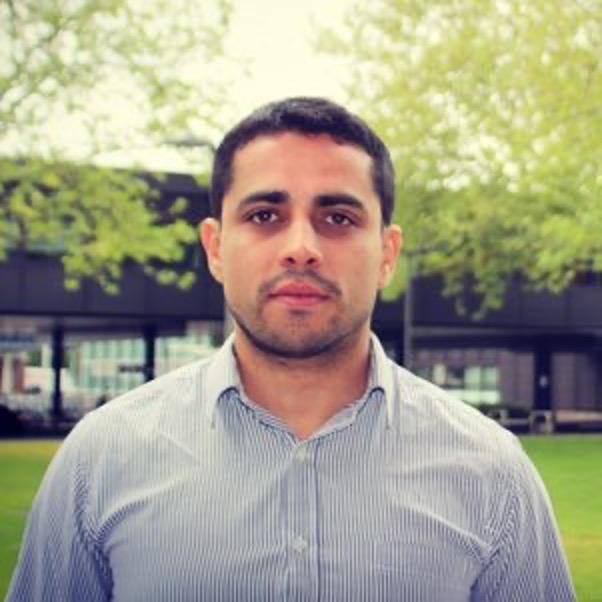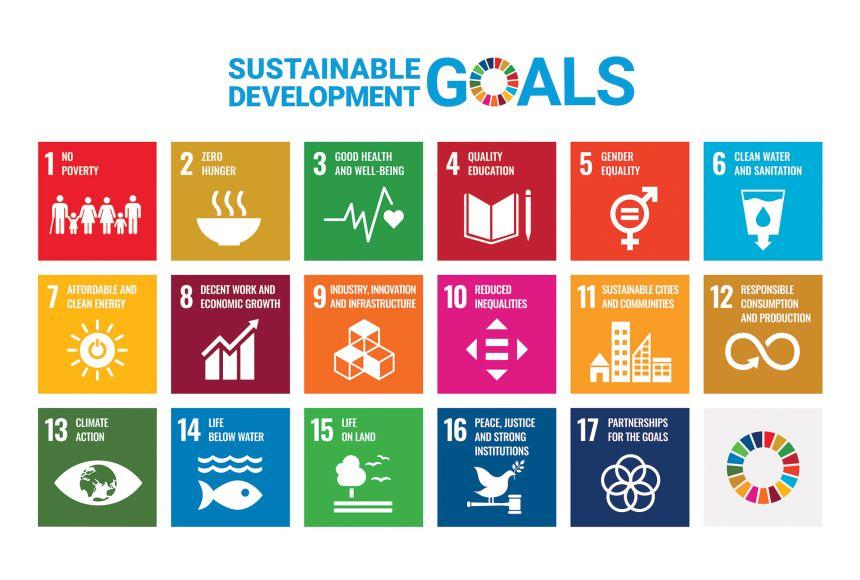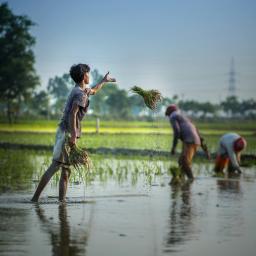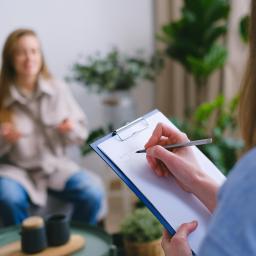How do you get students from diverse backgrounds to think about complex issues such as poverty, climate change and inequality? The United Nations' Sustainable Development Goals provide a good framework for this. In the new Leiden-Delft-Erasmus minor SDG-based Entrepreneurship, groups will begin working on South Holland cases in September.
 Camilo Benitez Avila is one of the teachers in this minor. From TU Delft's Faculty of Technology, Governance and Management, he worked with colleagues from Rotterdam and Leiden during the past few years to shape the minor. The idea originally came from Professor Rob van Tulder, emeritus professor at the Rotterdam School of Management and an authority on impact-driven business management.
Camilo Benitez Avila is one of the teachers in this minor. From TU Delft's Faculty of Technology, Governance and Management, he worked with colleagues from Rotterdam and Leiden during the past few years to shape the minor. The idea originally came from Professor Rob van Tulder, emeritus professor at the Rotterdam School of Management and an authority on impact-driven business management.
Who brings what expertise?
Complementary to each other, who brings what expertise from the three collaborating universities? Benitez Avila: ‘Rotterdam is of course strong in economics, but also impact-driven business management and entrepreneurship. In Delft we are good at systems thinking, giving insight into how problems arise, through interaction of which factors. Leiden provides knowledge on governance and legislation but also, for example, on environmental impact.'
We find it important that students can relate what they learn to their daily life and environment.'
Challenge Based Education
The intended students themselves also have diverse backgrounds and will soon work in groups of 5. They will do so according to the method of Challenge Based Education. That means: not only theory but also working on cases from the real world. Benitez Avila: ‘We focus on South Holland because we find it important that students can relate what they learn to their daily life and environment. It also contributes to an understanding of their own role in society.' Thus, method and content reinforce each other.

In the first quarter the main focus is on the issues, in the second quarter the answers. According to Benitez Avila, an additional important reason for the Rotterdam students to stay the whole semester (they follow a 15 ECTS system as opposed to 30 ECTS in Delft and Leiden) besides the rich content and the fact that they build a network for life with fellow students from Delft and Leiden. Education takes place on all three campuses.
I especially hope to produce engaged citizens who want to work together to make their environment better.'
Engaged citizens
How are the UN's 17 development goals used? Benitez Avila: ‘The students have to think for themselves which SDGs are relevant to the case they are working on. Is it about democracy, climate, education, health, prosperity? Practices such as transparent reporting according to ESG (environmental, social, governance data) are also taught.' Does this minor produce model citizens? Benitez Avila: 'I especially hope to produce engaged citizens who want to work together to make their environment better.'
More information on EduXchange
About the Sustainable Development Goals
In today's world, we face major challenges: poverty, hunger, inequality, climate change and the biodiversity crisis are just some of the issues we urgently need to address. Big challenges require bold action to overcome them, and that's where the Sustainable Development Goals come in. They are designed to build a greener, fairer and better world by 2030, and we all have a role in achieving them.
These goals aim to achieve a sustainable world for all by 2030, where no one is left out. In 2015, all 193 member countries of the United Nations (UN) adopted the Sustainable Development Goals. The goals apply to all countries and all people.
More information



